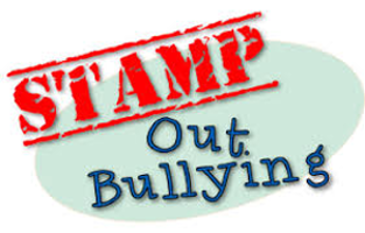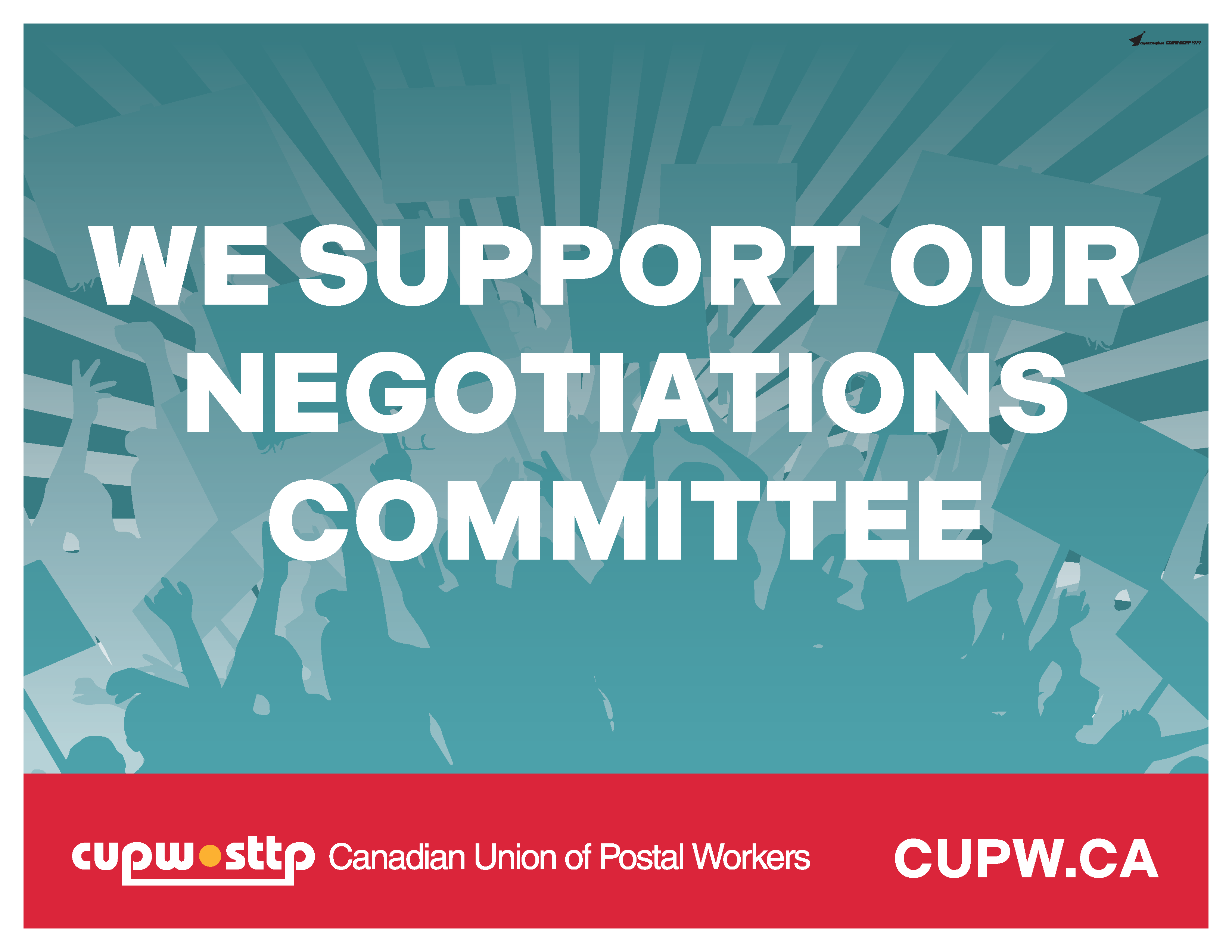
We Each Have A Part In Improving Our Workplace Environment
Thursday July 9 2020
Hatred and disinformation do not build workers’ power or solidarity.
When cyberbullies attack, using vile and hateful words against others; when social media feeds are used to label, accuse, and detract from the real issues; when desktop warriors spend hours trolling online but will not spend an ounce of energy building positive workplaces and communities; it weakens us all.
Make no mistake, critical thought is necessary to build class power and a dynamic union. It is the basis of respect and freedom. Insults and abuse are not. Critical and class-based analysis strengthens the rights and working conditions of everyone. Such exchanges can develop in respectful ways to achieve a common goal. Participation, cooperation, and honest fact sharing and analysis, reflect practices and values that help us to find common ground to go forward together. It is an ongoing and never-ending struggle with victories and defeats.
This is the opposite of the cyber bully, who seeks the lowest common denominator, the most harmful insult, and presents as fact misleading or untrue statements and opinions about others.
Unfortunately, insecurity, unresolved anger, and other hurt, can lead a few to write before thinking and serve the interests of those who seek to divide us.
When someone cyberbullies another person, they invite gossip, innuendo, rumour and this all serves the interests of the ruling class.
Such divisions please corporations that aim to exploit and divide workers to make even greater profit.
Cyber bullying is an act of cruelty. Often the domain of cowards, social media is used to attack with anonymity or to be an armchair critic of everyone and everything without any basis in fact. Often these assertions are fictional, or only half-true. Bullies thrive in secret where they are accountable to no one.
Whether it be promoting hate, gaslighting, gossiping or trolling, the result is serious. It can be emotionally damaging and even lead to tragic consequences. It can invite depression, breakdown, stress, sleepless nights and a sense of being alone. The victim feels hurt, anger, fear, helplessness, hopelessness, shame and even guilt, or feels responsible for something they did not do.
One’s physical health can suffer, and it can strain relationships. At worst, it can reignite past trauma and even lead to suicidal thoughts.
The victim can receive the message anytime, day or night when they open their computer. There is no “safe space” to which one can withdraw, since the harm exists online. Cyberspace is relentless, it goes 24/7 and is accessible anywhere, even in your own home. This replaces the important acts of human solidarity such as empathy, compassion, and mutual support of which we are all capable.
When it is anonymous, it reveals the abuser as a classic bully. They do it in secret, where they cannot be seen or named. Online anonymity means the abuser is less likely to be outed. Bullies tend to shrink when the light is on them.
Since they cannot see the reaction, they often go much further than if they were speaking with someone face-to-face. You are not alone. You can preserve your dignity and overcome the problem.
If you are a victim, please note:
- It is not your fault. The bully is the problem, not you;
- View it from a different perspective. The bully is an unhappy, self-absorbed, and frustrated person who wants you to feel as badly as they do;
- Don’t make it worse by dwelling on it or looking at the same messages over and over. Nobody has the right to attack your inner beauty and your right to be you. Know thyself and be proud of the good things you have done;
- Find ways to manage stress so that a negative experience does not become overwhelming. Exercise, meditation, positive self-talk, muscle relaxation, and breathing exercises are all good ways to cope with the stress of bullying. Spend some time doing things you enjoy and make you happy;
- Don’t respond to posts about you, this is exactly what the bully wants: a reaction. Do not enable the abuser;
- Speak to a social steward and look for a space to talk about what you are experiencing and feeling.
For bullies, you can get help!
According to research, there are some common factors that apply to bullies:
- a greater risk of abusing alcohol and drugs;
- more likely to get into arguments and fights;
- twice as likely as their peers to have a criminal conviction;
- more likely to be abusive toward their children or partner
Bullies can and should explore their behaviour. There are places to receive anger management counselling and address personal issues. Our benefit plan includes counselling. You too may have been a victim along the way and have felt helpless and alone. When you do it to others consider what bullying has done to you.
One way or the other, we are all in this together and real change can happen when we come from a place of curiosity, respect and dignity.
In solidarity,
